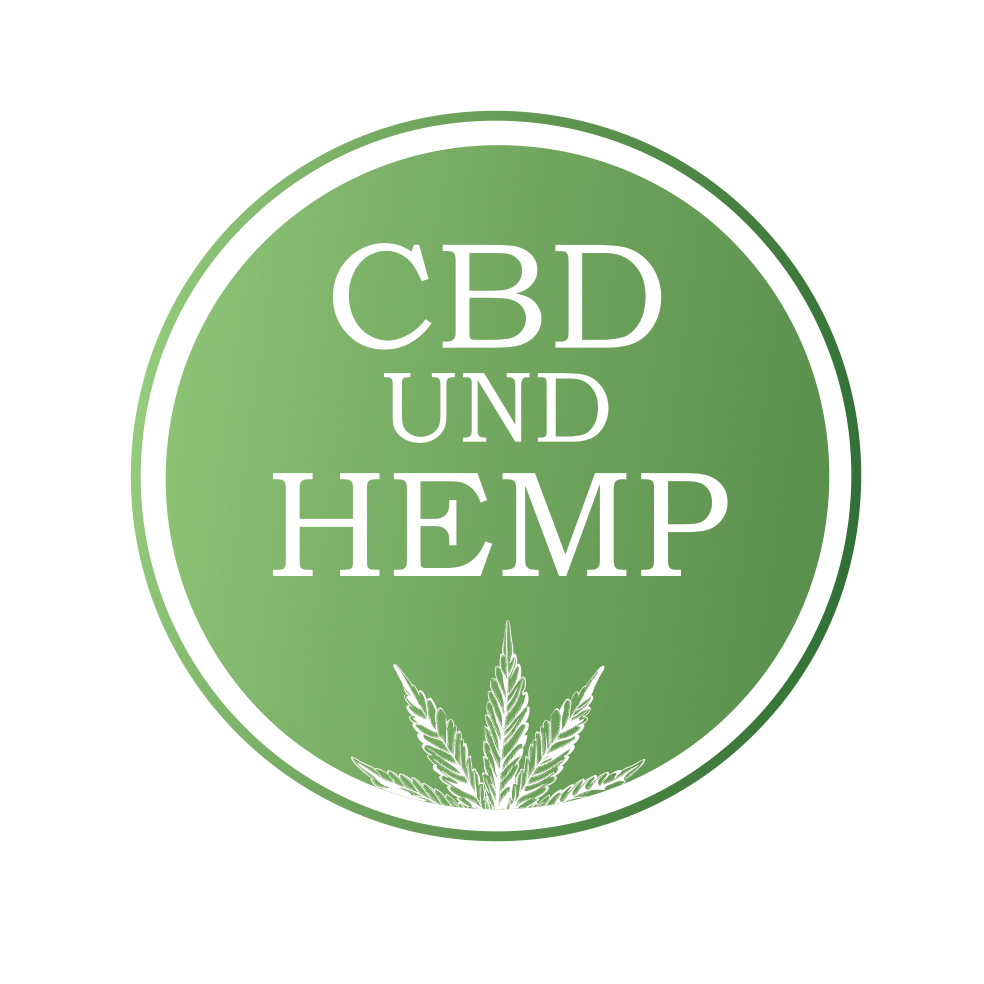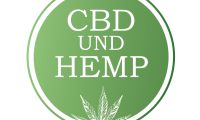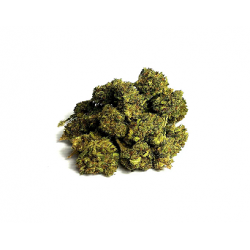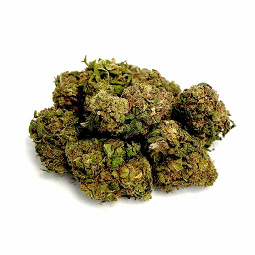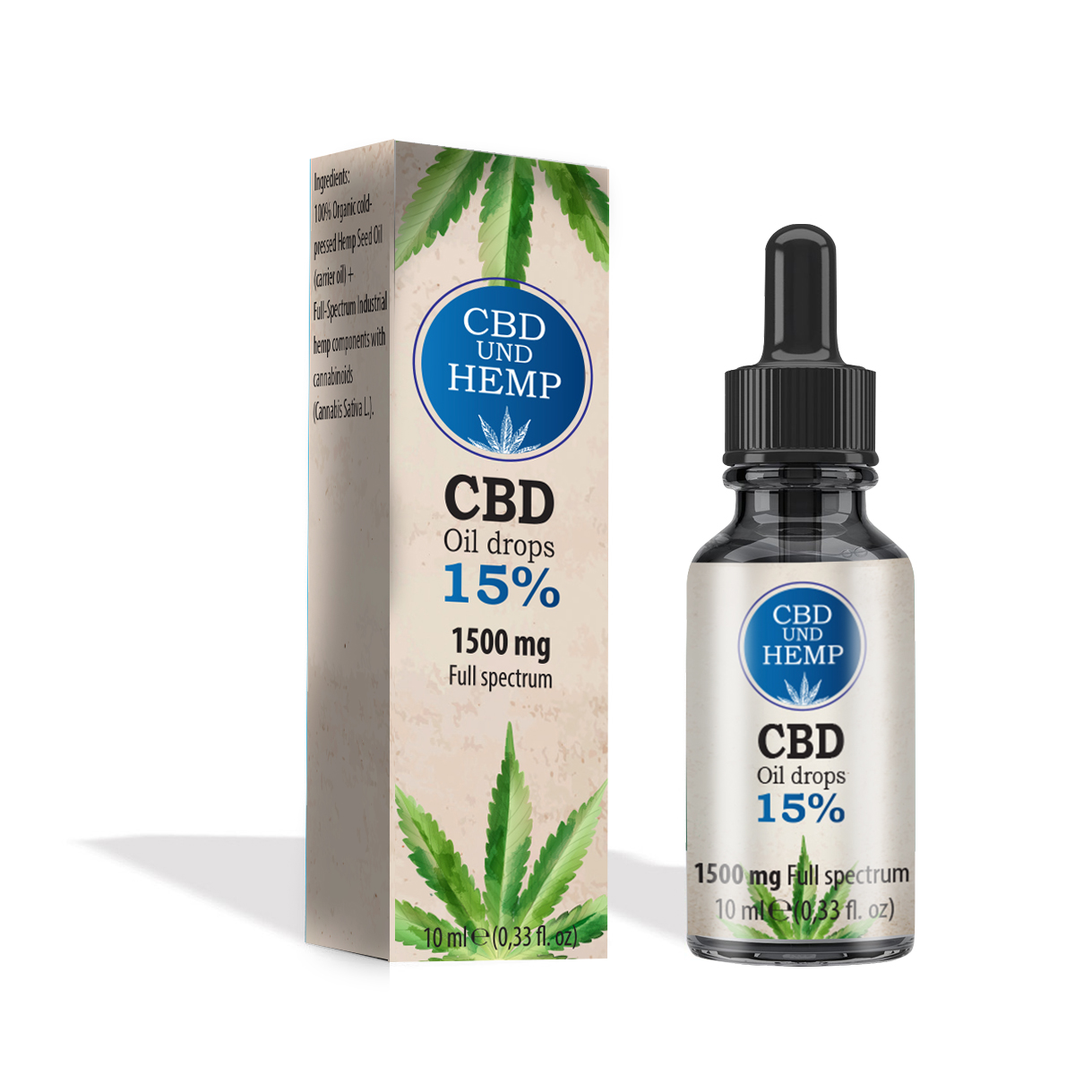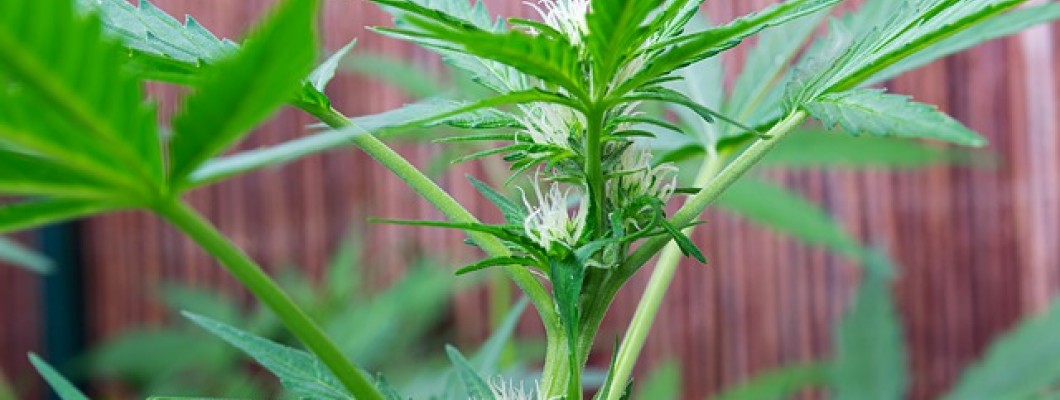
0 Comments
1055 Let's see!
Hemp and marijuana come from the same genus, but differ in their function, cultivation methods, and chemical composition.
The 7 most important facts about hemp:
We throw away the myths
1. Hemp and marijuana are not the same
Hemp and marijuana come from the same genus, but differ in their function, cultivation methods, and chemical composition. Tetrahydrocannabinol (THC) is generally high in marijuana, a compound that feels "high" and can be used for medical or recreational purposes. Industrial hemp, on the other hand, contains up to 0.3% THC and increased CBD content. It is also used in articles, including dietary supplements and cosmetics, and its fibers are used in building materials, clothing, paper, and many other general products.
2. You don’t feel “high” from the CBD
The cannabis plant considered to be hemp may contain up to 0.3% THC. If a cannabis plant exceeds this legal threshold, it is officially considered marijuana.
Hemp plants contain only traces of THC, while the CBD content is high. Neither hemp extract nor hemp-extracted CBD can cause a “torn” or other altered condition other than THC.
3. The amount of CBD required varies from person to person
As for the CBD, less is sometimes more. Clinical and patient reports show that the recommended amount of CBD varies from dose to dose, and even the synergistic effect of broad-spectrum CBD can be effective at low levels. Start low and move slowly. A number of factors, including the frequency and length of use, as well as your body’s metabolism, weight, and health, can play a role in how good CBD is for you.
4. Hemp has thousands of uses
Hemp is one of the most versatile plants. Hemp can be used in 25,000 different products.
The hemp plant can be divided into two main parts:
for hemp flowers and industrial hemp
The hemp flower, of course, refers to the buds of the ripe hemp plant. The hemp flower here is the lion’s share of the CBD, just like others
cannabinoids. The flower is home to something. Hemp flower is used for direct consumption and extraction of concentrated hemp extract.
Industrial hemp refers to the stems, seeds and fibers of the hemp plant, which can be used to create a wide range of products, including textiles, building materials and even biofuels.
5. Hemp is a substance not regulated by federal law
While industrial hemp was often imported for processing into products such as hemp seeds oil, the cultivation of hemp has been banned in the United States for some time. This changed in December 2018 when the Agriculture Act 2018 was signed. Under the Agriculture Act 2018, hemp is expressly excluded from marijuana treatment under the Federal Controlled Substances Act. In this, Europe has passed laws that were allowed much earlier, but this law is constantly changing as European decision-makers increasingly see the need for it, taking into account social, health, political and economic utility considerations.
6. Hemp enriches the soil where it is grown
Unlike some crops, hemp growing can enrich the soil where it is grown. Hemp roots not only penetrate deep into the soil, aerate the soil and prevent erosion, but also promote the uptake of nutrients by other plants that will be grown on the same land in the future. It also cleans the soil in which it is rooted and the air in which the plant grows.
7. Hemp is more durable than other materials
Hemp fiber is one of the most durable natural textile fibers. For example, compared to cotton, hemp lasts significantly longer while resisting mold and mildew. In addition to its fast ripening and soil hardening properties, it is an excellent choice for the textile industry.
facts
1. Cannabis and marijuana are not the same
2. CBD doesn't make you feel "high"
3. The amount of CBD required varies from person to person
4. Hemp has thousands of uses
5. Hemp is not a controlled substance under federal law
6. Hemp enriches the soil where it is grown
7. Hemp is more durable than other substances
